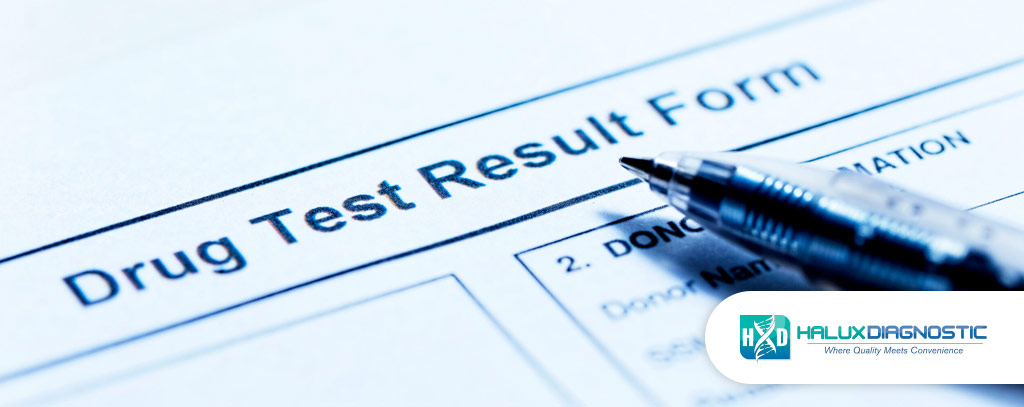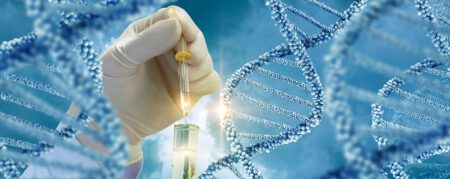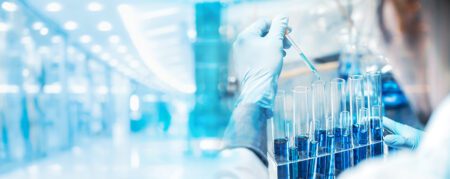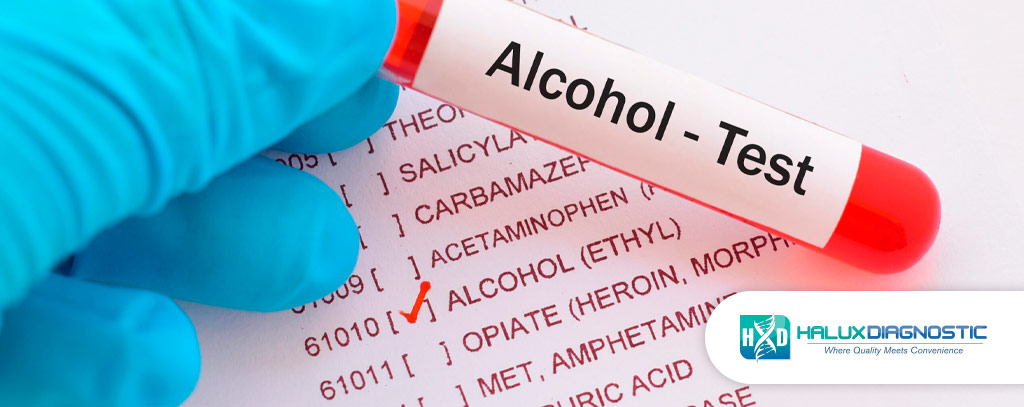


Can you test for Alcoholism
March 7, 2022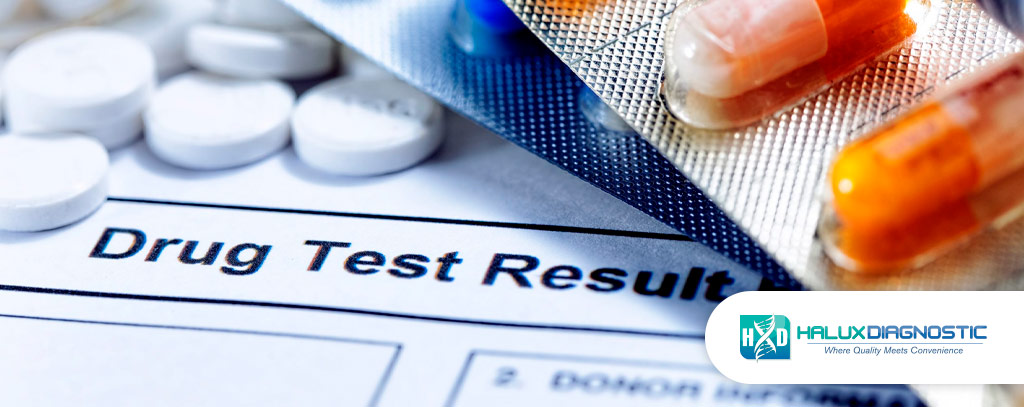


Which type of drug test should I use?
April 6, 2022Most people are aware a drug test looks for one or more illegal or prescription drugs in urine, blood, saliva, hair, or sweat. Urine testing is the most common type of drug screening. Drug testing is used prevalently in numerous markets today for various reasons. These markets include pain management clinics, correctional facilities, urgent care, rehabilitation centers, staffing at home, the workplace, and the educational system.
In the clinical markets, drug testing is essential for monitoring patients and helping to prescribe their treatments accurately. Drug tests are also used in prisons to ensure that prisoners and probationers are not committing any violations; the markets also use drug tests for forensic purposes. These are only a few examples of the facilities and environments where onsite drug testing can be beneficial.
However, there are some common questions and issues that people experience and learning more about drug testing will be beneficial for you.
1. Why do workplaces do drug testing on their employees?
Onsite drug testing is a convenient and economical method employers can use to determine if current employees or job applicants are using drugs. They help identify evidence of recent use of prescription drugs or illicit drugs. There are many reasons why it is in the best interest of a company to drug test its current workforce and any potential new hires.
Drug testing plays an integral part in maintaining a safe and productive workplace environment. Drug usage in the workplace is associated with decreased productivity, inventory loss due to theft, increased workplace accidents, lost time at work, serious health problems, dysfunctional communication, impaired judgment, and disregard for the safety of self and others.
Common reasons for implementing onsite drug testing:
• Prevent hiring drug abusers
• Decrease lost time at work
• Decrease absenteeism
• Increase workplace safety
• Lessen the likelihood of workplace theft
• Provide a safer workplace
• Increase productivity
• Lessen accidents at work and worker's compensation claims
2. What drugs or substances are detected in a drug test?
The following are some of the most popular types of drugs that show up on a drug test:
• Marijuana
• Opioids, such as heroin, codeine, oxycodone, morphine, hydrocodone, and fentanyl
• Amphetamines, including methamphetamine
• Cocaine
• Steroids
• Barbiturates, such as phenobarbital and secobarbital
• Phencyclidine (PCP)
3. Which drug has the most prolonged detection period?
Drug tests are often randomly ordered because drugs become undetectable after a particular amount of time. Each drug takes a certain amount of time before it becomes undetectable in testing, with some drugs taking longer than others to leave the body completely. Dosage, types of samples, and individual metabolisms can also affect the detection time.
Urine tests also detect the metabolites that the parent drugs break down into, so the detection window appears later than that of a saliva test. Saliva tests are more sensitive than urine tests; however, they need to be highly sensitive to detect the smaller amounts of a drug that typically appears in a person's saliva. Saliva tests detect both the parent compound of a drug present and sometimes the metabolites, depending on the drug used. Drugs will appear in the saliva by either direct deposition or passive diffusion through the body's bloodstream.
The length of time that a drug is detectable in the system depends on a variety of factors, including:
• Type of test
• Dose
• Tolerance
• Potency
• Metabolism
• The existence of medical conditions
• Hydration levels
• Physical activity
• Body mass
Drug detection times can be much longer for people with increased amounts of fatty tissues because some drugs, or their metabolites, tend to accumulate in those tissues.
4. What are the most common problems with drug tests?
The false-positive result is the most common problem during drug tests. To receive accurate results on your drug test, everyone should stop doing certain activities the day before taking a drug test, regardless of the drug test.
Before a drug test, you should first avoid consuming any medication, including sleeping medicines, pain, and coughing medicine. These medications may trigger a false positive for PCP if consumed before a drug test. However, it's crucial to speak with your doctor before suspending any medication that was directly prescribed for you.
It is also vital to avoid consuming poppy seeds. Although these seeds are harmless, they contain small amounts of codeine and morphine that may cause you to have a false positive drug test. Besides poppy seeds, hemp seeds found in granola bars shouldn't be consumed because they may also cause a false positive drug test.
The use of adulterants is also a common problem. Adulteration happens when a person being tested deliberately tampers with a drug test to avoid a positive result. Urine tests are much easier for an applicant to attempt to alter since, quite often; they cannot be monitored while providing the sample. If there has been evidence of applicants trying to skew results in the past or any suspicion of it, it is best to use an Adulterants Panel on your drug test cups.
Sources:
https://haluxdiagnostic.com/ https://medlineplus.gov/lab-tests/drug-testing/ https://haluxdiagnostic.com/blog/adulterants-in-drug-testing-why-you-should-be-using-them/ https://www.nationaldrugscreening.com/blogs/common-drug-test-questions-and-problems/ https://haluxdiagnostic.com/blog/workplace-drug-testing/ https://internationaldrugpolicy.net/drug-test-question.htm https://haluxdiagnostic.com/blog/what-should-i-avoid-before-a-drug-test-2/ https://haluxdiagnostic.com/blog/common-questions-from-employers-and-employees-about-mouth-swab-drug-tests/
In the clinical markets, drug testing is essential for monitoring patients and helping to prescribe their treatments accurately. Drug tests are also used in prisons to ensure that prisoners and probationers are not committing any violations; the markets also use drug tests for forensic purposes. These are only a few examples of the facilities and environments where onsite drug testing can be beneficial.
However, there are some common questions and issues that people experience and learning more about drug testing will be beneficial for you.
1. Why do workplaces do drug testing on their employees?
Onsite drug testing is a convenient and economical method employers can use to determine if current employees or job applicants are using drugs. They help identify evidence of recent use of prescription drugs or illicit drugs. There are many reasons why it is in the best interest of a company to drug test its current workforce and any potential new hires.
Drug testing plays an integral part in maintaining a safe and productive workplace environment. Drug usage in the workplace is associated with decreased productivity, inventory loss due to theft, increased workplace accidents, lost time at work, serious health problems, dysfunctional communication, impaired judgment, and disregard for the safety of self and others.
Common reasons for implementing onsite drug testing:
• Prevent hiring drug abusers
• Decrease lost time at work
• Decrease absenteeism
• Increase workplace safety
• Lessen the likelihood of workplace theft
• Provide a safer workplace
• Increase productivity
• Lessen accidents at work and worker's compensation claims
2. What drugs or substances are detected in a drug test?
The following are some of the most popular types of drugs that show up on a drug test:
• Marijuana
• Opioids, such as heroin, codeine, oxycodone, morphine, hydrocodone, and fentanyl
• Amphetamines, including methamphetamine
• Cocaine
• Steroids
• Barbiturates, such as phenobarbital and secobarbital
• Phencyclidine (PCP)
3. Which drug has the most prolonged detection period?
Drug tests are often randomly ordered because drugs become undetectable after a particular amount of time. Each drug takes a certain amount of time before it becomes undetectable in testing, with some drugs taking longer than others to leave the body completely. Dosage, types of samples, and individual metabolisms can also affect the detection time.
Urine tests also detect the metabolites that the parent drugs break down into, so the detection window appears later than that of a saliva test. Saliva tests are more sensitive than urine tests; however, they need to be highly sensitive to detect the smaller amounts of a drug that typically appears in a person's saliva. Saliva tests detect both the parent compound of a drug present and sometimes the metabolites, depending on the drug used. Drugs will appear in the saliva by either direct deposition or passive diffusion through the body's bloodstream.
The length of time that a drug is detectable in the system depends on a variety of factors, including:
• Type of test
• Dose
• Tolerance
• Potency
• Metabolism
• The existence of medical conditions
• Hydration levels
• Physical activity
• Body mass
Drug detection times can be much longer for people with increased amounts of fatty tissues because some drugs, or their metabolites, tend to accumulate in those tissues.
4. What are the most common problems with drug tests?
The false-positive result is the most common problem during drug tests. To receive accurate results on your drug test, everyone should stop doing certain activities the day before taking a drug test, regardless of the drug test.
Before a drug test, you should first avoid consuming any medication, including sleeping medicines, pain, and coughing medicine. These medications may trigger a false positive for PCP if consumed before a drug test. However, it's crucial to speak with your doctor before suspending any medication that was directly prescribed for you.
It is also vital to avoid consuming poppy seeds. Although these seeds are harmless, they contain small amounts of codeine and morphine that may cause you to have a false positive drug test. Besides poppy seeds, hemp seeds found in granola bars shouldn't be consumed because they may also cause a false positive drug test.
The use of adulterants is also a common problem. Adulteration happens when a person being tested deliberately tampers with a drug test to avoid a positive result. Urine tests are much easier for an applicant to attempt to alter since, quite often; they cannot be monitored while providing the sample. If there has been evidence of applicants trying to skew results in the past or any suspicion of it, it is best to use an Adulterants Panel on your drug test cups.
Sources:
https://haluxdiagnostic.com/ https://medlineplus.gov/lab-tests/drug-testing/ https://haluxdiagnostic.com/blog/adulterants-in-drug-testing-why-you-should-be-using-them/ https://www.nationaldrugscreening.com/blogs/common-drug-test-questions-and-problems/ https://haluxdiagnostic.com/blog/workplace-drug-testing/ https://internationaldrugpolicy.net/drug-test-question.htm https://haluxdiagnostic.com/blog/what-should-i-avoid-before-a-drug-test-2/ https://haluxdiagnostic.com/blog/common-questions-from-employers-and-employees-about-mouth-swab-drug-tests/

